Exercise Physiology and its origins
The first edition of Exercise Physiology: Energy, Nutrition, and Human Performance appeared in 1981; since then, knowledge of the physiologic effects of exercise in general – and the body’s unique and specific responses to training in particular – has exploded.
Origins of Exercise Physiology
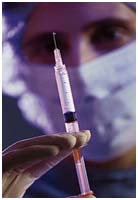 Exercise physiology arose mainly in early Greece and Asia Minor, although the topics of exercise, sports, games, and health interested even earlier civilizations. The greatest influence Western civilization, however, came from the Greek physicians of antiquity – Herodicus (5th century BC); Hippocrates (460-377 BC), and Claudius Galenus or Galen (AD 131-201) Proper diet and physical training has been recommended right back to Herodicus’ day. Galen emerged however as perhaps the most well-known and influential physician that ever lived. Throughout his life Galen taught and practiced the ‘laws of health’ : breathe fresh air, eat proper foods, drink the right beverages, exercise, get adequate sleep, have a daily bowel movement, and control the emotions. Surely the basis of the modern day needs of any aspiring athlete.
Exercise physiology arose mainly in early Greece and Asia Minor, although the topics of exercise, sports, games, and health interested even earlier civilizations. The greatest influence Western civilization, however, came from the Greek physicians of antiquity – Herodicus (5th century BC); Hippocrates (460-377 BC), and Claudius Galenus or Galen (AD 131-201) Proper diet and physical training has been recommended right back to Herodicus’ day. Galen emerged however as perhaps the most well-known and influential physician that ever lived. Throughout his life Galen taught and practiced the ‘laws of health’ : breathe fresh air, eat proper foods, drink the right beverages, exercise, get adequate sleep, have a daily bowel movement, and control the emotions. Surely the basis of the modern day needs of any aspiring athlete.
The scientific aspects of various topics that interest runners will be discussed under the guidance of Doctor Andrew Bosch; Time-to-Run‘s very own resident international exercise physiologist, in The ABC – The Andrew Bosch Corner.
View the articles:
![]() Skeletal Muscle Physiology – more scientific aimed more at students and coaches
Skeletal Muscle Physiology – more scientific aimed more at students and coaches
![]() Exercise and the Immune system
Exercise and the Immune system
![]() Training and competition in warm conditions
Training and competition in warm conditions
![]() What body type are you?
What body type are you?
![]() Lactic Acid and running: myths,legends and truths
Lactic Acid and running: myths,legends and truths
- – theABC
- – theABC
- – theABC
More articles to follow

















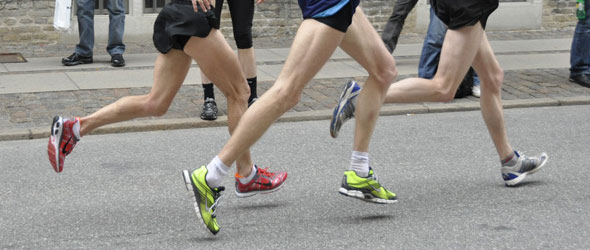
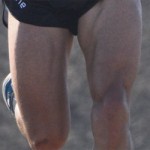
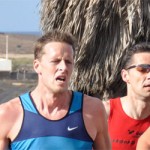
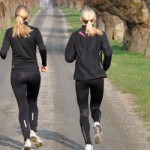
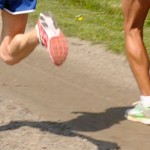


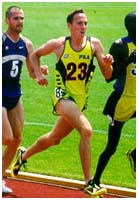
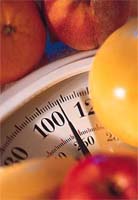


Speak Your Mind